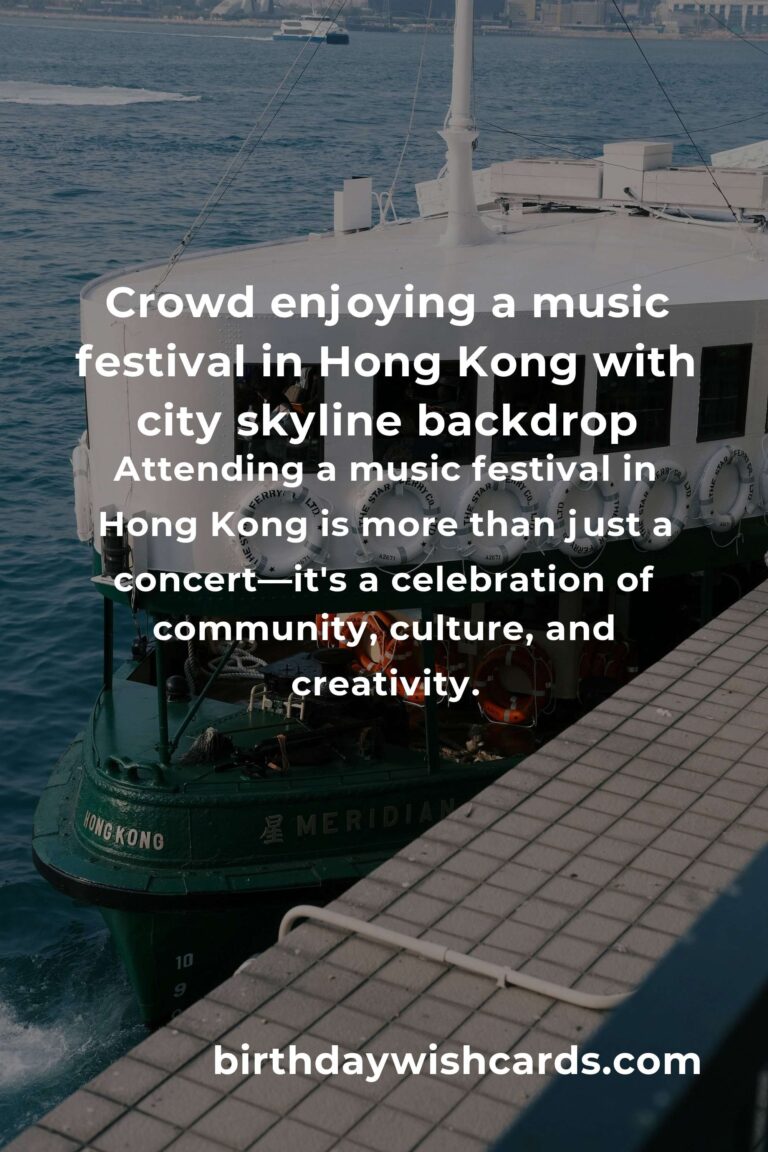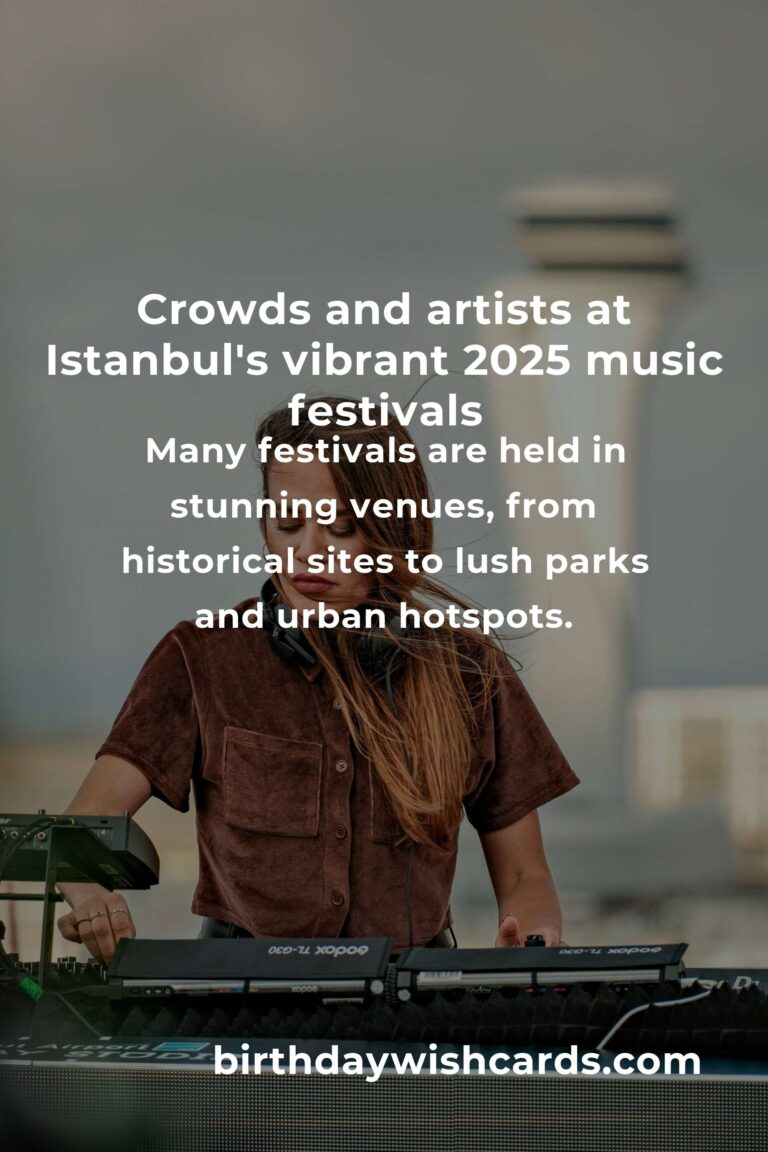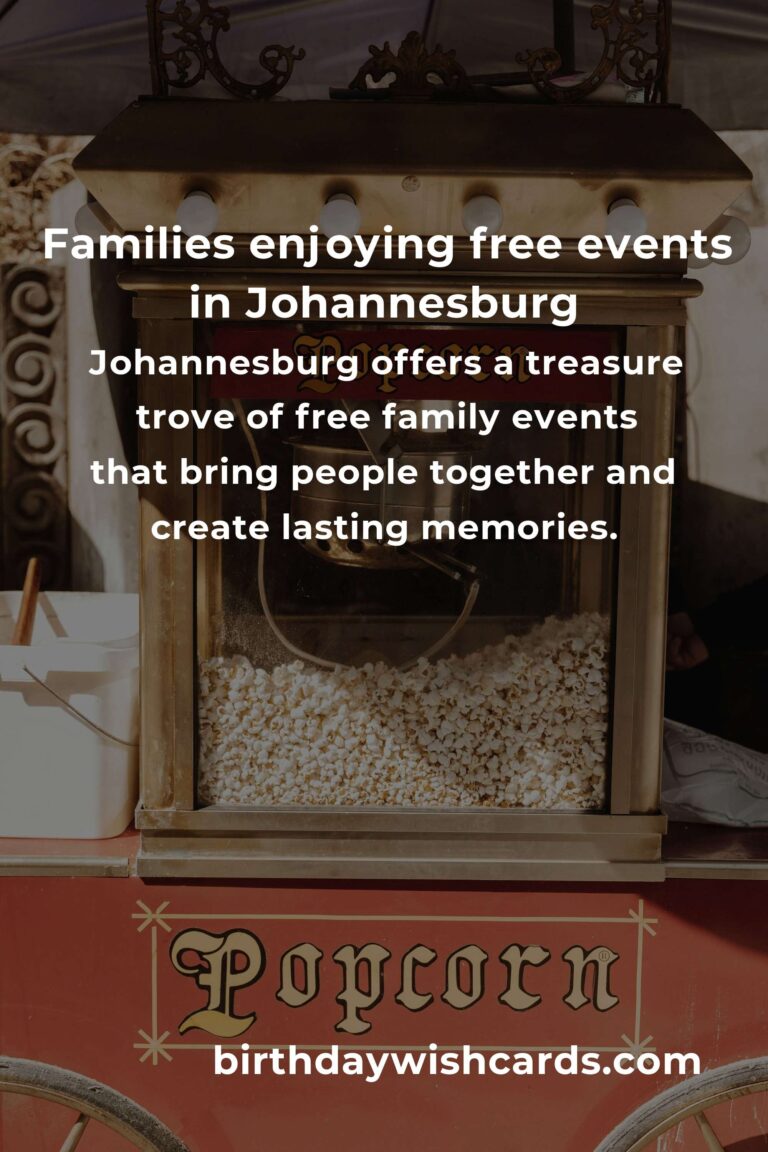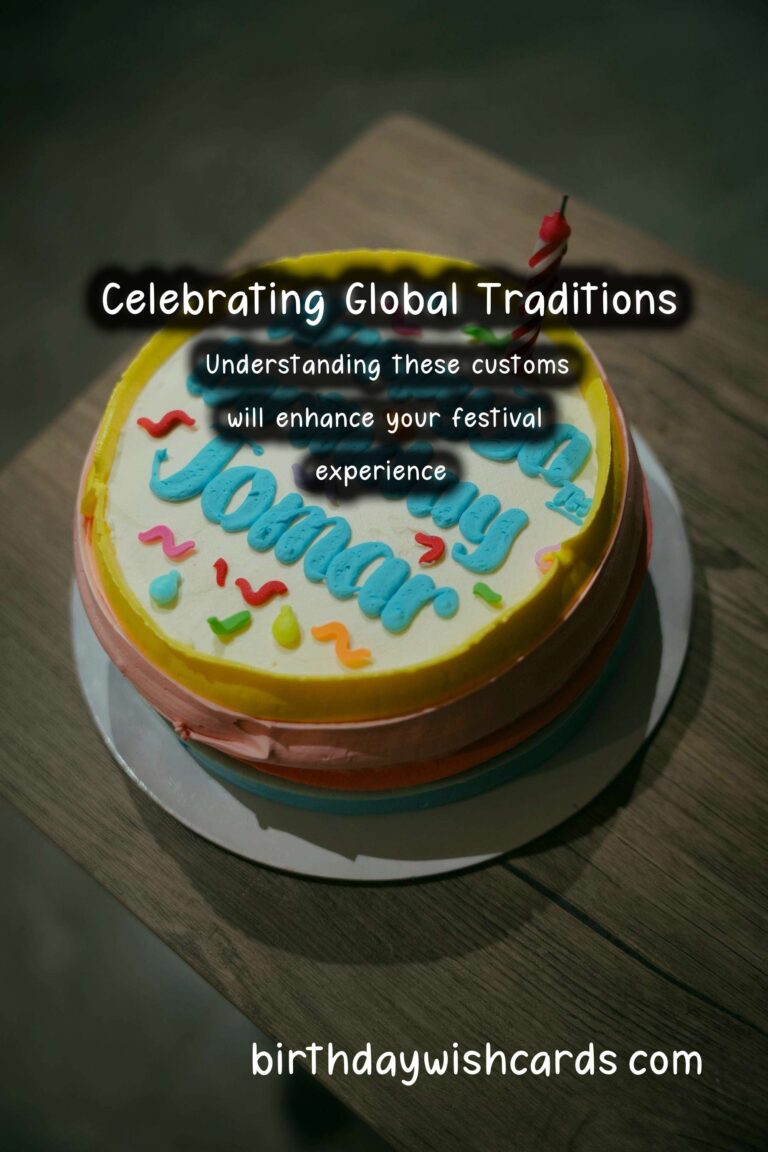
World festivals are vibrant celebrations that bring together diverse cultures, traditions, and communities. To truly immerse yourself in these experiences, it’s essential to understand the unique traditions that make each festival special. This article explores the essential world festival traditions that can help you create unforgettable memories.
1. Introduction to World Festivals
Festivals represent the rich tapestry of culture and heritage across the globe. They allow people to celebrate their beliefs, arts, food, and community spirit. From vibrant parades to sacred rituals, festivals capture the heart of human expression.
2. The Importance of Traditions in Festivals
Traditions are the backbone of festivals. They provide a sense of identity and continuity that binds communities. Understanding these customs will enhance your festival experience:
- Connection: Traditions foster a sense of belonging and create bonds within communities.
- Education: They serve as a means of passing knowledge and stories from one generation to the next.
- Celebration: Traditions often highlight the unique aspects of a cultural celebration.
3. Colorful Parades
No festival is complete without a parade. These vibrant displays often feature music, dance, and colorful costumes. For instance:
- Rio Carnival: Brazil’s Rio Carnival showcases dazzling floats and samba dancers, enticing millions worldwide.
- Mardi Gras: The streets of New Orleans come alive with floats and masked revelers during Mardi Gras.
4. Dance and Music
Dance and music are integral to many festivals, reflecting the cultural heritage of communities:
- Diwali: In India, traditional music and dance performances are held to celebrate the festival of lights.
- Oktoberfest: In Germany, folk music and dance performances accompany beer celebrations, emphasizing Bavarian culture.
5. Culinary Traditions
Food is a edible representation of culture and is central to many festivals:
- Thanksgiving: In the USA, families gather for a feast that symbolizes gratitude.
- Chinese New Year: Families celebrate with dishes that represent prosperity and good luck.
6. Rituals and Ceremonies
Many festivals include rituals that hold deep cultural significance:
- Holi: In India, the festival of colors involves throwing colored powders to celebrate love and the arrival of spring.
- Songkran: Thailand’s water festival involves splashing water to welcome the new year and wash away evils.
7. Art and Crafts
Festivals are an opportunity for local artisans to showcase their skills:
- Art Basel: A celebration of contemporary art that includes installations and exhibitions.
- Dia de los Muertos: In Mexico, art forms like sugar skulls and altars are created to honor deceased loved ones.
8. Dress and Attire
The attire at festivals reflects local customs and offers a colorful spectacle:
- Traditional Attire: Many cultures wear traditional dresses at festivals to honor heritage.
- Costumes: Festivals like Carnival and Halloween feature elaborate costumes for entertainment.
9. Community Participation
While visitors can enjoy the celebrations, engaging in them fosters a deeper connection:
- Volunteering: Offer your time to help organizers and immerse yourself in local customs.
- Workshops: Participate in workshops to learn traditional dance, music, or craft skills.
10. Respecting Local Customs
It’s essential to respect and understand the customs of the cultures you are visiting:
- Etiquette: Familiarize yourself with local customs, behaviors, and taboos.
- Interactions: Approach locals with respect and openness to learn more about their traditions.
11. Festivals Around The World
This section highlights a few iconic festivals globally:
A. Oktoberfest, Germany
A world-famous beer festival held annually, featuring traditional Bavarian music, food, and, of course, beer!
B. Diwali, India
The festival of lights celebrated by millions, symbolizing victory over darkness and ignorance.
C. La Tomatina, Spain
A fun-filled festival where participants throw tomatoes at each other in a playful food fight.
D. Carnival, Brazil
A week-long celebration filled with samba parades, vibrant costumes, and street parties.
12. Conclusion
Engaging with world festival traditions enriches your travel experiences and creates lasting memories. Exploring these customs can deepen your appreciation for different cultures and enhance your understanding of the world. Whether you are dancing in the streets of Rio or savoring traditional meals in India, the essence of these festivals lies in their traditions, making them unforgettable.
World festivals are vibrant celebrations that bring together diverse cultures, traditions, and communities. Understanding these customs will enhance your festival experience. 

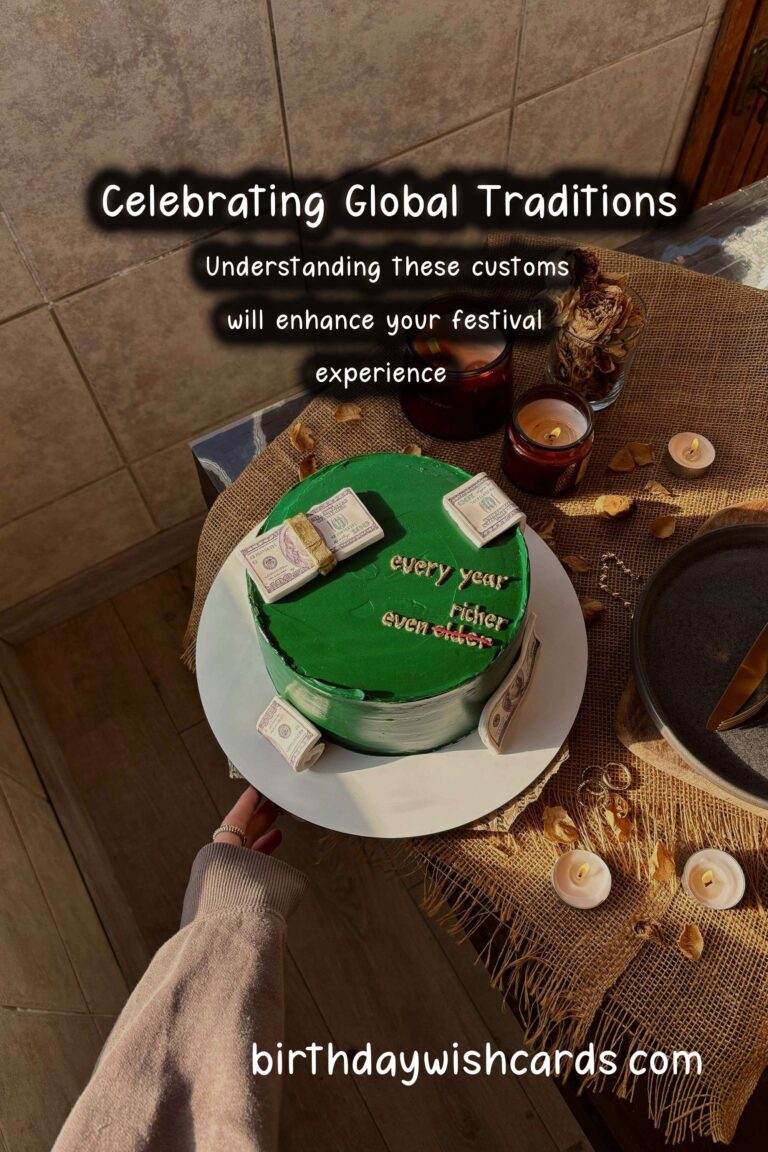
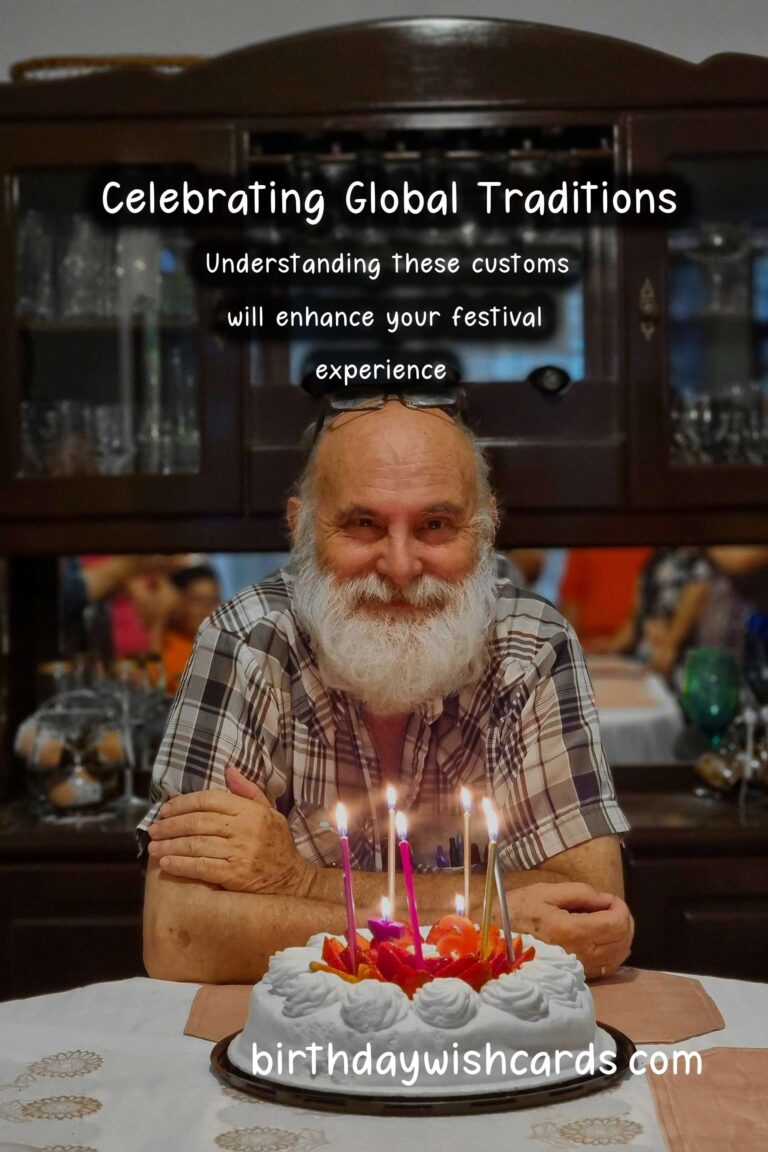
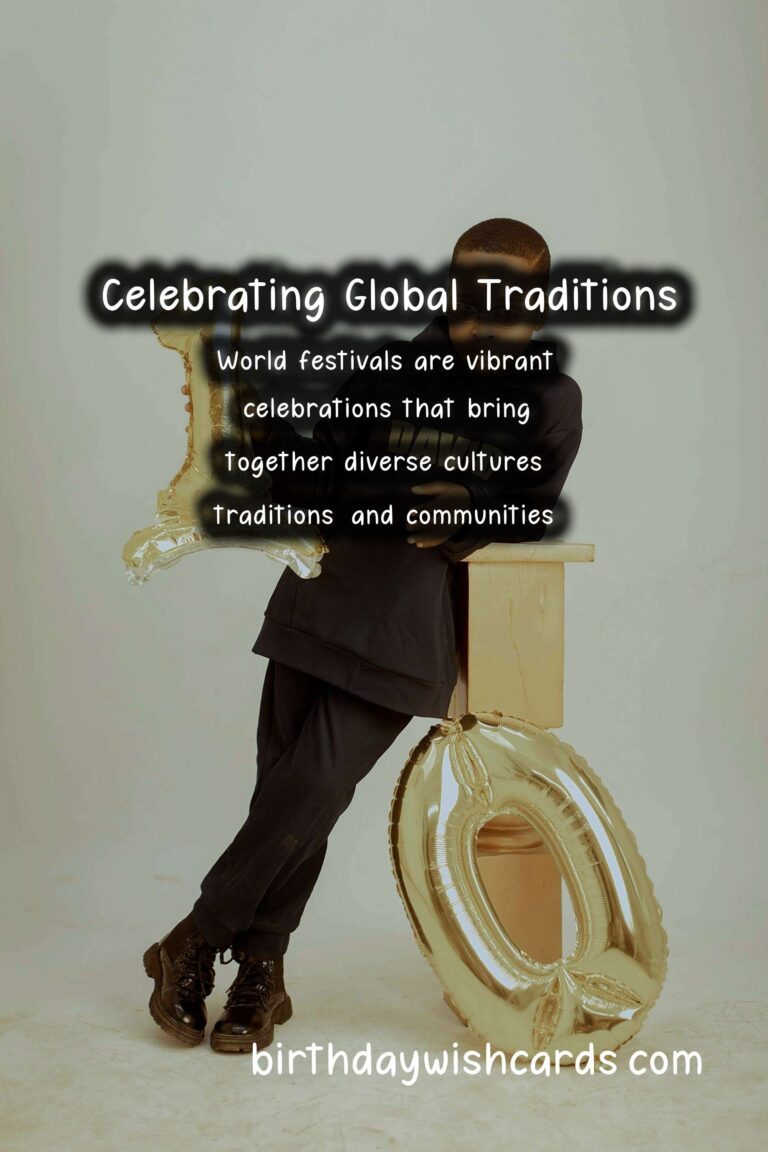
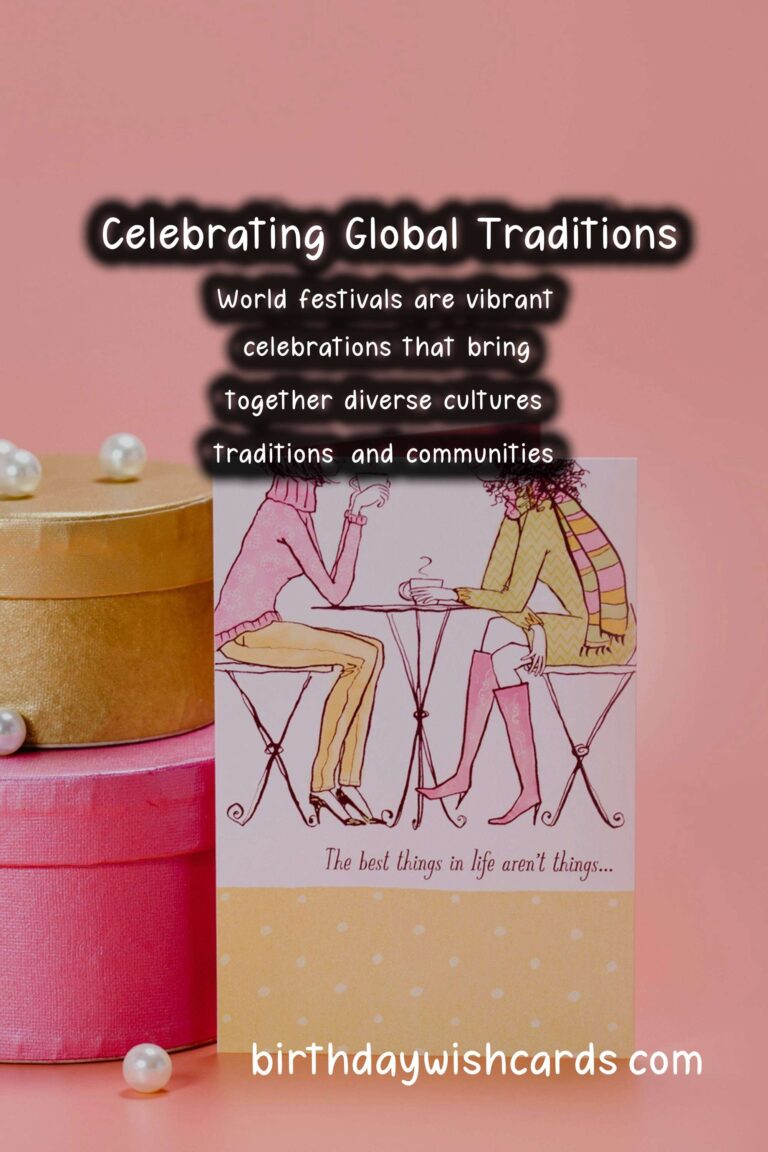
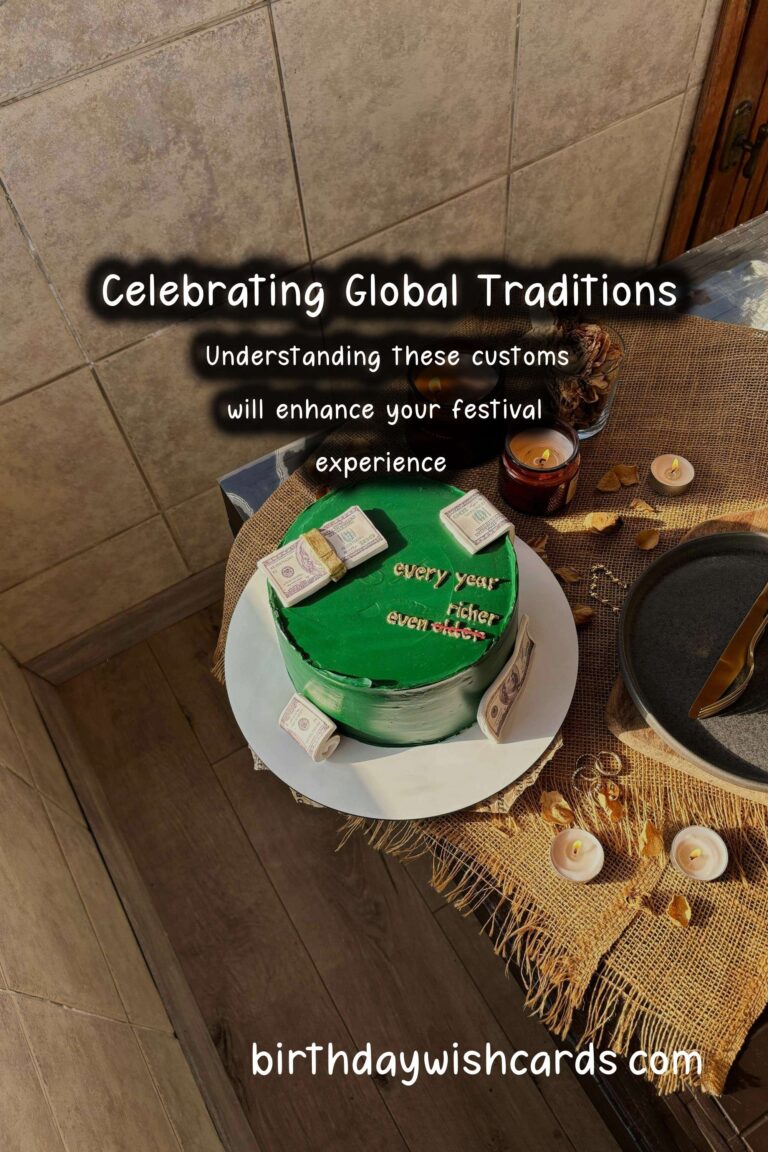
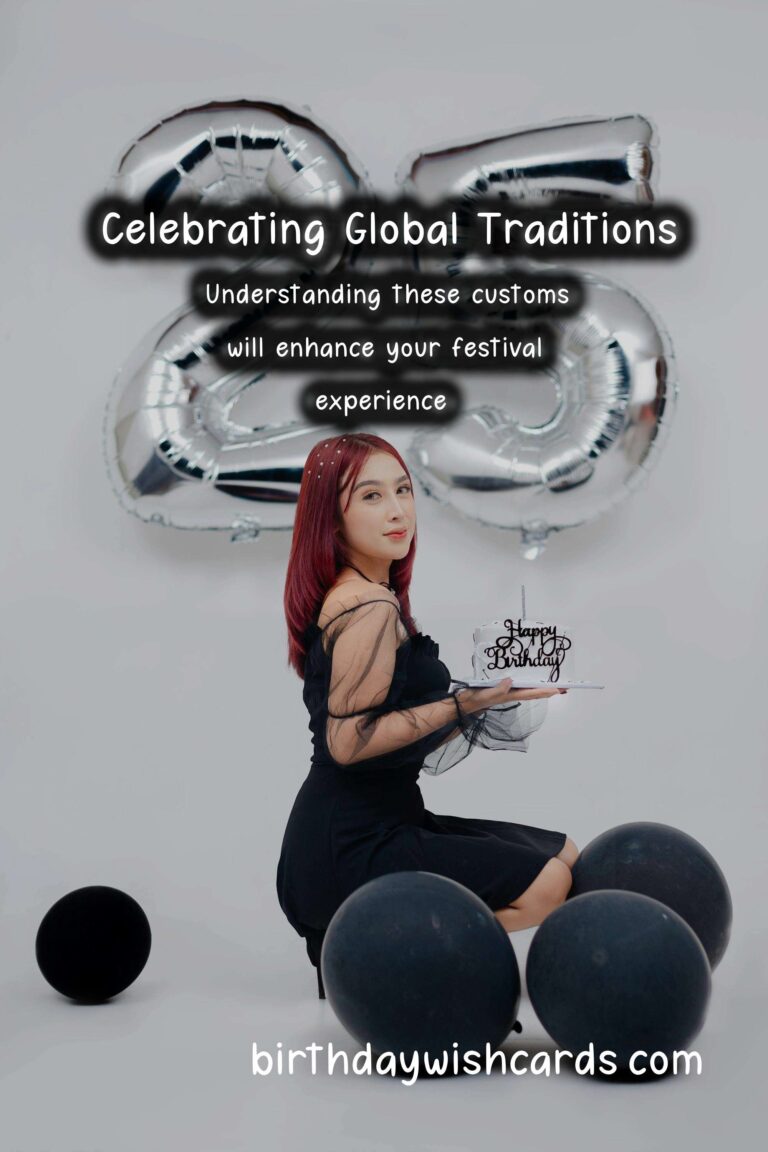
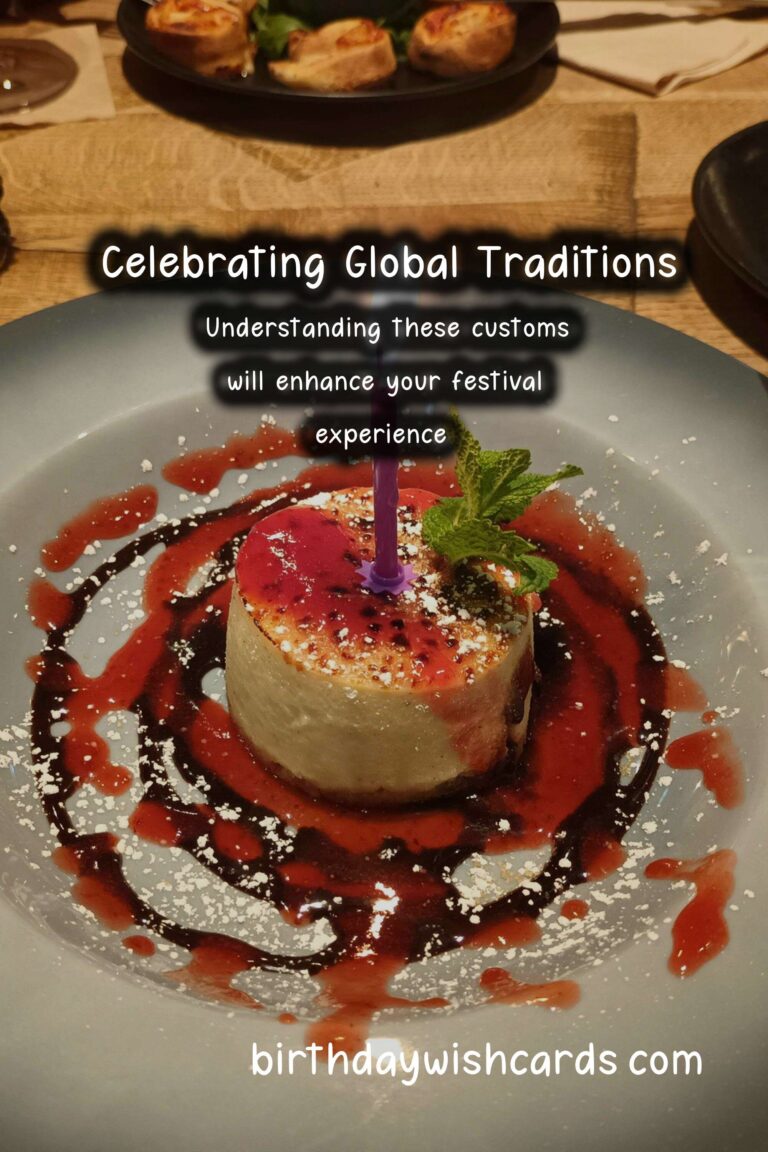
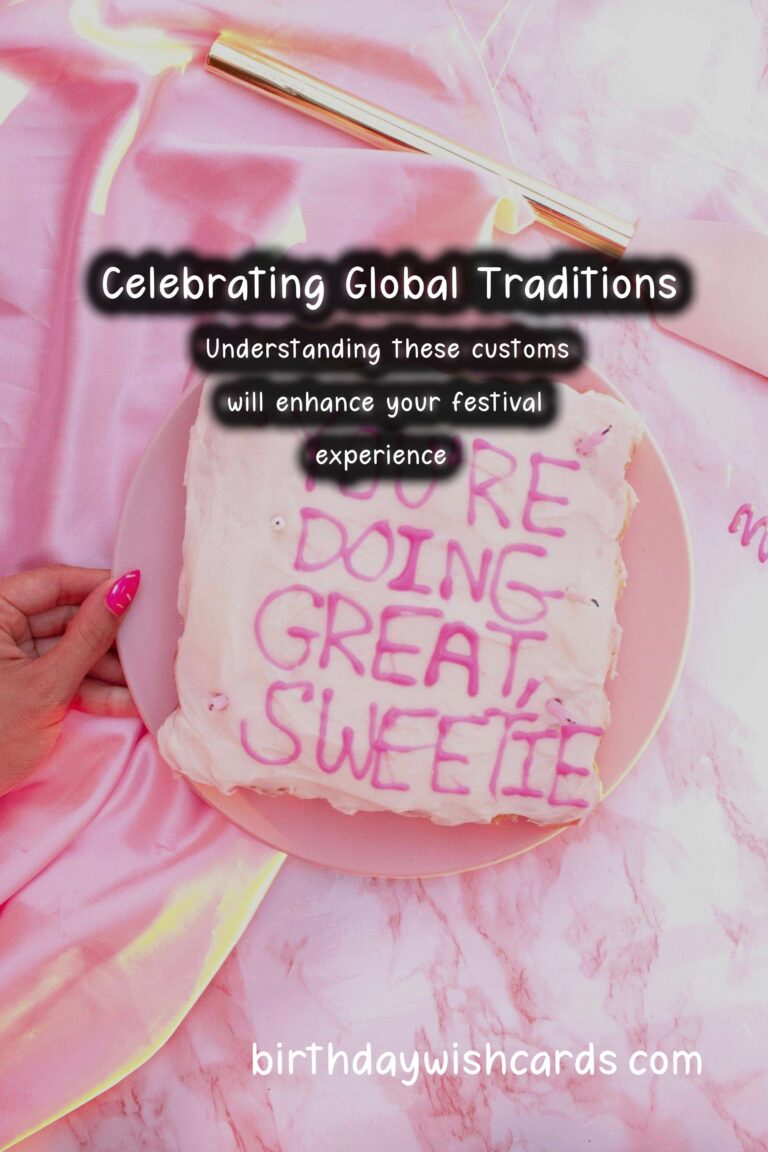
#Festivals #CulturalTraditions


